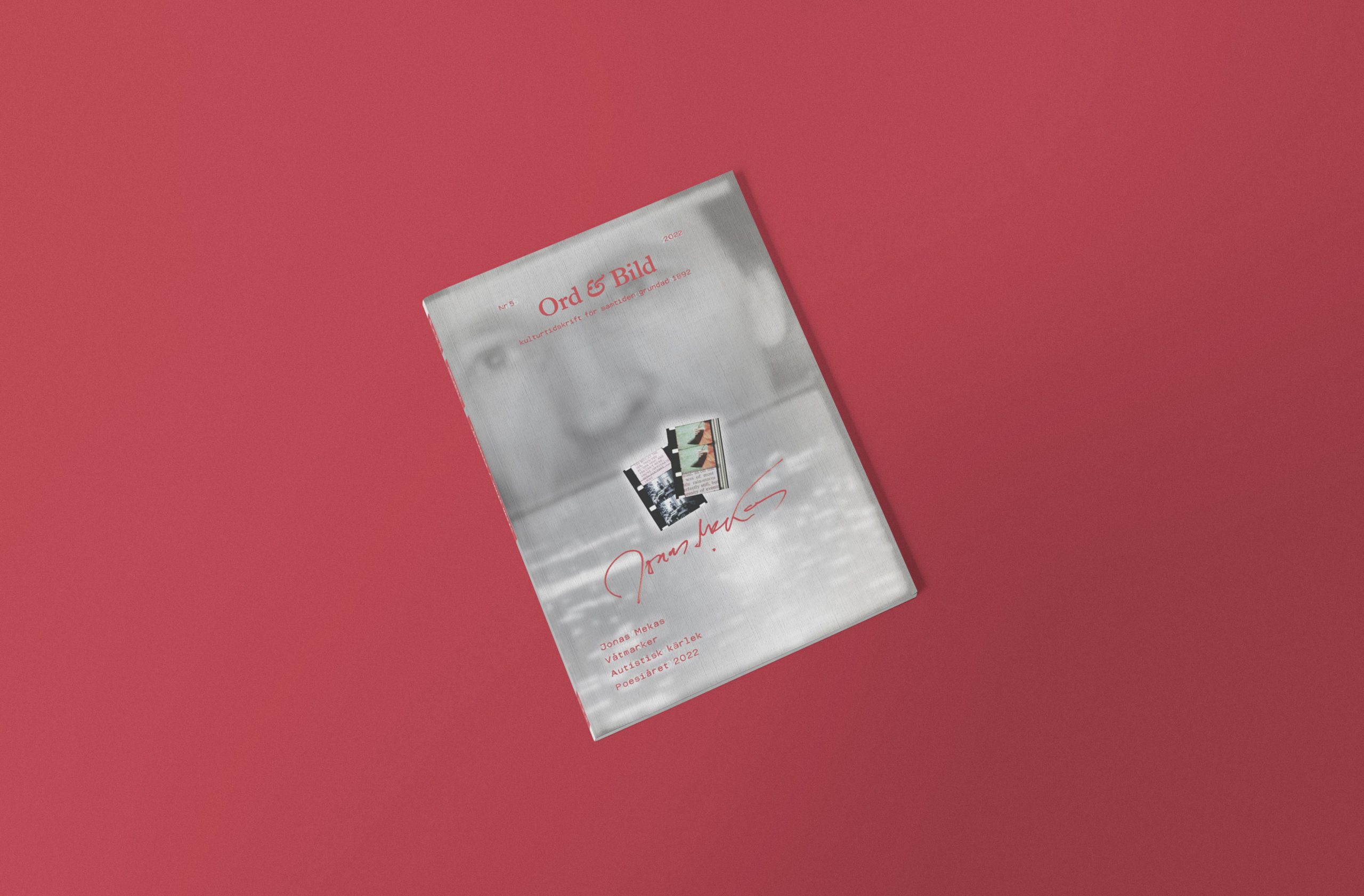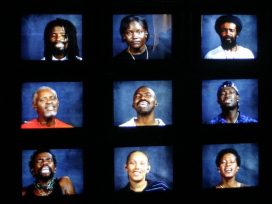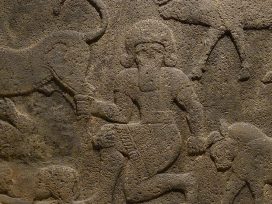In Ord&Bild, novelist Erik Andersson writes about the Fens, the wetlands of the east of England. Their story could be told as an evolution from unhealthy swamp to efficient farmland. But it could also be described as a slow-motion environmental disaster.
Drawing on memories of biking trails in his youth, as well as the narratives of Daniel Defoe, Charles Kingsley and others, Andersson paints a picture of a landscape at the centre of constant intervention. The excavation of the Fens goes back a millennium, beginning with Roman farming, with the local population resisting all the way.
But it isn’t only water that is being drained from the Fens. Andersson describes a loss of local and cultural motivation to catch eel and dig turf. As it becomes more difficult to privately preserve the land, locals sell their land to the National Trust. According to a local hotel owner, the problems are piling up in the aftermath of Brexit and Covid. Today, only one thousandth of the former wetland still exists. But it will continue to struggle between preservation and alteration.

The legacy of Jonas Mekas
Isabella Tjäder reflects on the documentary poetry of Jonas Mekas, the Lithuanian–American film-maker. Mekas fiercely argued that filmmaking should go beyond the demands of plotline. Instead, he joined the dots of the story through poetry, launching his own ‘Poetic Cinema’.
As a film critic in the Village Voice, he became one of the most important defenders of the new film. He shed light on the outcasts and widened the boundaries of filmmaking through his definition of the avant-garde. This prompted him to form the Film-Makers Cooperative together with other artists, in order to protect and preserve controversial and overlooked art.
‘Mekas was a refugee who for a long time lacked financial as well as social security, and he never stopped fighting for marginalised voices and expression that needed protection,’ writes Tjäder. In a world in which culture and politics actively overlooks the marginalised narrative, his intellectual heritage is more relevant than ever.
Grander narratives
Historian Karolina Enquist Källgren traces new patterns in the European documentary novel. Authors like Olga Tokarczuk, Svetlana Aleksejevich and Marit Kapla represent what Enquist Källgren calls ‘multi-voiced personalism’, in which narratives are formed through personal, individual experience:
‘The novel genre identifies a model for solidarity, in which the individual is necessary for general perception, because it is through the individual example that other individuals can participate in the universal, despite them not sharing the same experiences.’
Multi-voiced personalism is driven by an urge for further understanding of the big subjects like love, war and religion. It negotiates with the postmodern dogma that grand narratives should be avoided. This documentary approach requires that the individual stories are not used as a way of proving a point; there is no ‘moral of the story’. Instead, the reader becomes an active participant in the conversation between storyteller and author. In a time where the image of reality seems to be fragmented, multi-voiced personalism offers a literary foundation in which individual perceptions move closer.
Review by Märta Bonde







